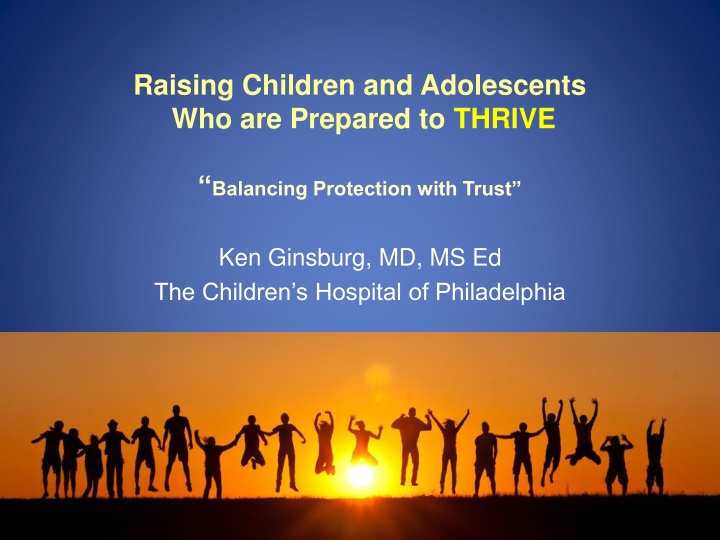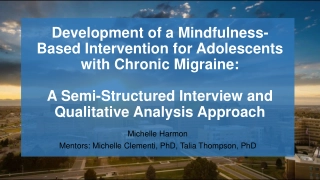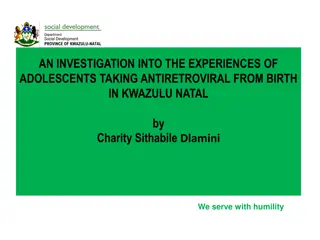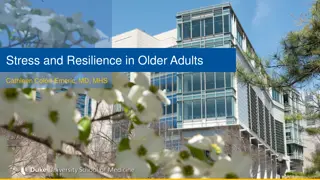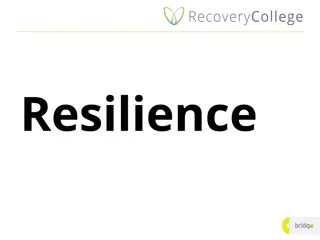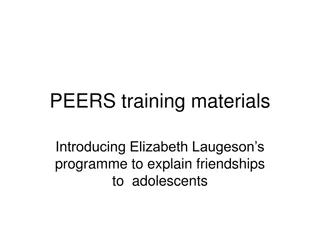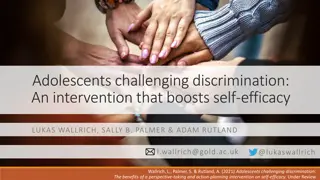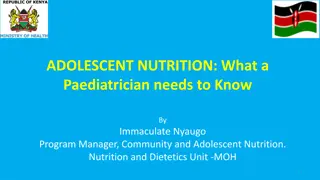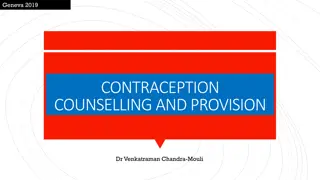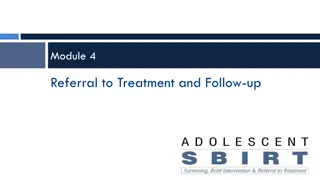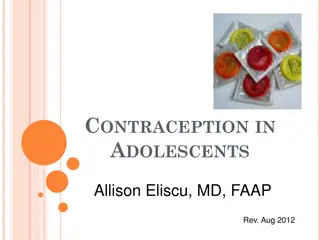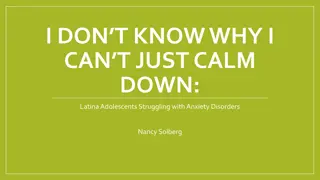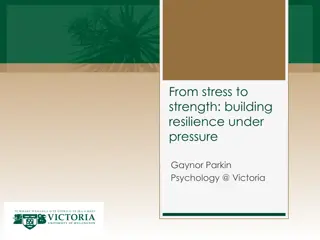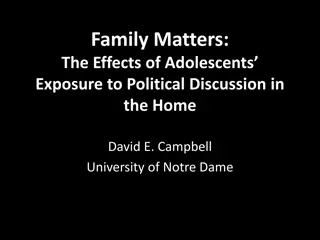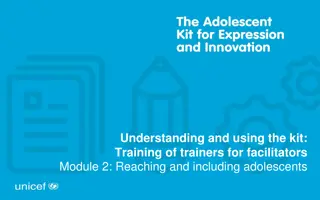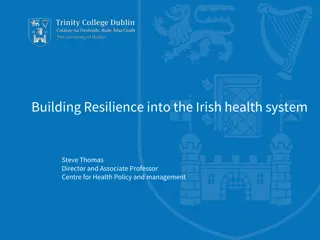Building Resilience in Children and Adolescents: A Guide to Thriving
Explore the keys to cultivating resilience in young people through belief, high expectations, and the 7 Cs of resilience: Confidence, Competence, Connection, Character, Contribution, Coping, and Control. Discover the balance between protection and trust, encouraging children to learn from failures, fostering competence and confidence, and framing challenges positively for growth.
Download Presentation

Please find below an Image/Link to download the presentation.
The content on the website is provided AS IS for your information and personal use only. It may not be sold, licensed, or shared on other websites without obtaining consent from the author.If you encounter any issues during the download, it is possible that the publisher has removed the file from their server.
You are allowed to download the files provided on this website for personal or commercial use, subject to the condition that they are used lawfully. All files are the property of their respective owners.
The content on the website is provided AS IS for your information and personal use only. It may not be sold, licensed, or shared on other websites without obtaining consent from the author.
E N D
Presentation Transcript
Raising Children and Adolescents Who are Prepared to THRIVE Balancing Protection with Trust Ken Ginsburg, MD, MS Ed The Children s Hospital of Philadelphia
How do we define success?
Resilience The ability to overcome adversity The capacity to bounce back
Resilience is NOT invulnerability
The bottom line Young people will be more resilient if the important adults in their lives believe in them unconditionally and hold them to high expectations Young people live up or down to the expectations we set for them
The 7 Cs of Resilience 1. Confidence 2. Competence 3. Connection 4. Character 5. Contribution 6. Coping 7. Control References: Little, 1993; Pittman et al., 2003; Eccles & Gootman , 2002; Roth & Brooks- Gunn 2003; Lerner, 2004; Ginsburg, 2006; Frankowski, Leader & Duncan, 2009.
Learning how to fail and recover- Under our watchful eyes or in the real world?
Big Question #2 How do we protect our children while letting them learn life lessons?
Failure? Is there a better way of framing this?
Competence and Confidence
Understanding the basics of behavioral change or progress?
Finding Competence Building Competence
Learning Not to Undermine Competence Talking in a way ALL young people understand Recognizing the cognitive development of adolescence No more lectures!!!!!!
Building Competence Social Skills
A Strategy to Build Long-Term Interdependence: Offering Independence One Step at a Time
Consider Temperament and Developmental Needs Listen and Invite Youth to Develop a Plan Generate a Roadmap of Mastery Independence is Earned through Displaying Responsibility
Resilience Is about learning to cope, in a positive way with life s inevitable stressors We might do our greatest good by raising youth with a wide repertoire of positive coping strategies
Distinguishing Paper tigers from Real tigers Knowing when bad things are temporary Knowing when good things are permanent
Coping Engagement vs. Disengagement Emotion Focused vs. Problem Focused
A Stress Management Plan for Teens (It Might Just Work For You) Shhhhh It is a Great Way to Build a College Resume
Stress Management: Tackling the Problem 1. Making the problem manageable 2. Active Avoidance 3. Let some things go
Serenity Prayer Grant me the serenity to accept the things I cannot change; courage to change the things I can; and wisdom to know the difference.
Stress Management: Taking Care of my Body 4. Exercise Fear Anger
Stress Management: Taking Care of my Body 5. Relaxation 6. Nutrition
Stress Management: Taking Care of my Body 7. Sleep Stimulation Cool Down Exercise Shower Release Emotions
Stress Management: Managing Emotions 8. Instant Vacations 9. Releasing Emotions
The worst thing is not to be stressed it is to be NUMB
Stress Management: Making the World Better 10. Contributing to the world
When Resilience Reaches Its Limits Physical symptoms Fatigue Disinterest Dropping grades Sad mood Irritability/anger Substance use
When Your Tolerance Reaches Its Limits Falling Back in Love Catching Your Kid Being Good Holding to the Highest Expectation Focusing on high yield interactions Honoring Your Spouse/Partner
The Greatest Gift You Can Give Your Child
